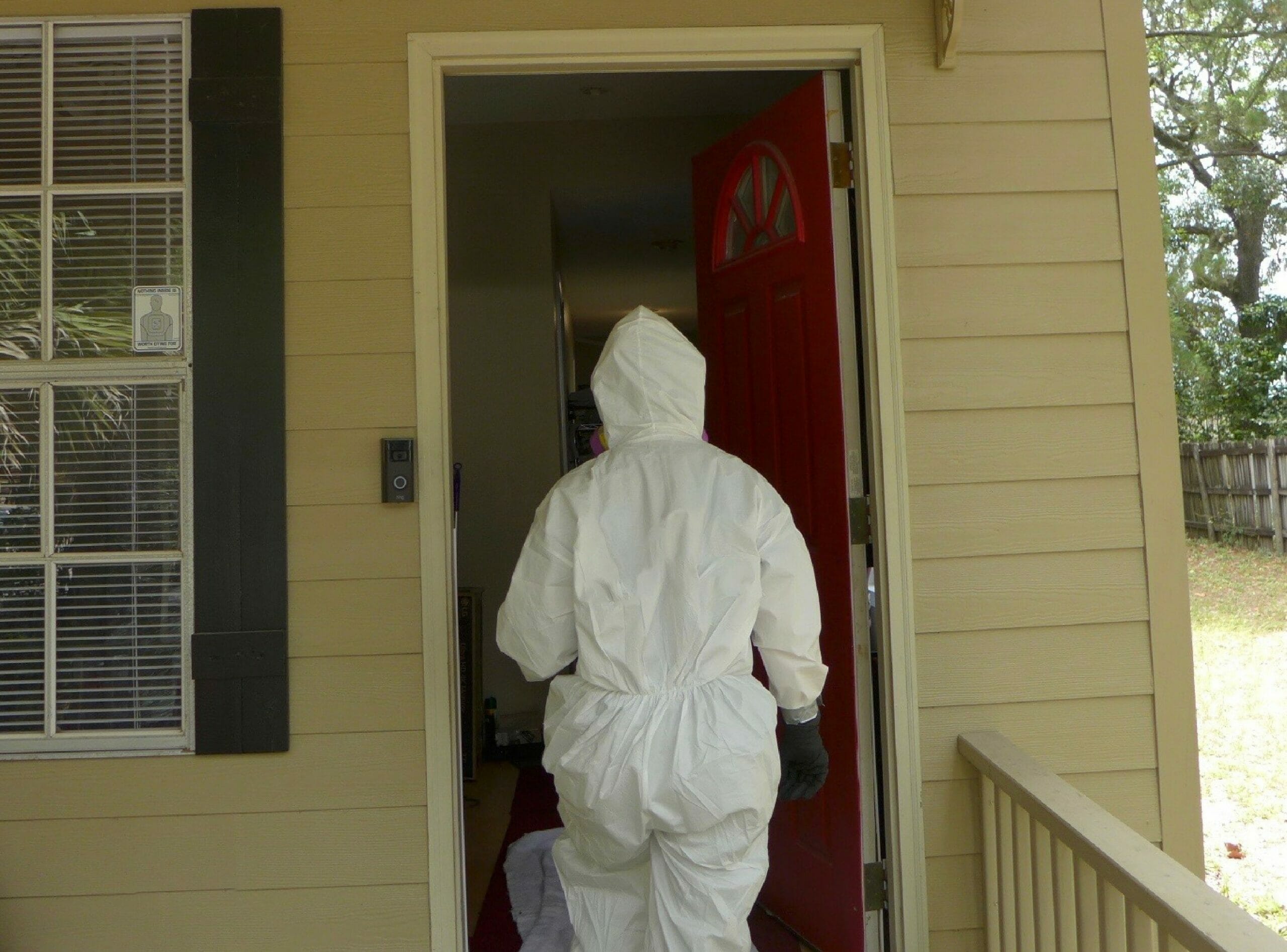
We all like to keep things close to our hearts or give us a sense of nostalgia. However, some people take this habit to an extreme level where their entire home is filled with clutter, rendering it unsafe to live in. In these cases, it's a mental health issue known as Hoarding Disorder. This condition can create chaos in daily life and pose a severe threat to the hoarder's well-being. Luckily there are effective treatment options for hoarding, and in this blog post, we will discuss them.
Disclaimer: The information provided in this blog post is intended for general informational purposes and to raise awareness within our community about hoarding and its related challenges. We are not mental health professionals. The content shared here should not be used as a substitute for professional medical advice, diagnosis, or treatment. It's essential to consult with a qualified healthcare provider or mental health professional if you or a loved one is dealing with hoarding behaviors.
Bio-One of Chula Vista
Seeking Professional Help
Treatment for Hoarding Disorder should begin with contacting a mental health professional who can diagnose the problem and refer them to the appropriate specialist. A licensed clinical psychologist who specializes in treating hoarding can help the individual address underlying emotional and behavioral issues through cognitive-behavioral therapy or other psychotherapeutic techniques.

Cognitive-behavioral Therapy
CBT is a form of psychotherapy that focuses on changing negative thought patterns and behavior. This therapy can help people with Hoarding Disorder identify their underlying thoughts, beliefs, and emotions that contribute to hoarding. The therapist works closely with the individual to explore more effective and healthier ways of coping with these issues.
Medication
Medications such as antidepressants or antipsychotics have been found effective in treating co-occurring disorders that exacerbate hoarding behaviors. Since every individual's biological makeup is different, the medication type and dosage may vary from person to person.
However, medication is not enough if it's not accompanied by therapy and other interventions to address the root cause of Hoarding Disorder.
Support Groups
Support groups can provide a sense of community and understanding for individuals with hoarding. It can be helpful to attend support groups facilitated by trained professionals or peers who have successfully overcome hoarding behaviors. These groups offer a safe space for sharing experiences, discussing coping strategies, and providing emotional support.
What's the Aftermath of Hoarding Disorder?
Hoarding Disorder can have a significant impact on an individual's life, as well as their loved ones. It can lead to strained relationships, financial difficulties, and even health hazards such as fire hazards or precarious living conditions.

After the individual has agreed to receive the necessary help, the following step should be restoring the property. Cleaning a hoarded home can be lengthy and challenging, depending on the severity of the clutter. It usually requires a team of professionals to work closely with the individual to sort, organize, and discard items in a safe and humane way. The goal of the cleanup process is not just to remove the clutter but also to restore a clean, hygienic, and safe living environment.
Preventing Hoarding
While treatment is crucial in managing hoarding behaviors, prevention is just as important. Encouraging positive lifestyle changes like decluttering or developing healthy coping skills, can help individuals live in a hoarding-free environment. A supportive atmosphere can also safeguard against relapse and reinforce positive behavior.

Bio-One of Chula Vista is Ready to Help
Any form of treatment for Hoarding Disorder requires patience, understanding, and a multidisciplinary approach. Effective treatment begins with a mental health professional who can refer individuals to the appropriate specialists. Then a trained team of professionals can help individuals sort and organize their homes and bring them back to a clean, hygienic, and safe environment. Contact Bio-One of Chula Vista today for sensitive, and discreet cleaning services for hoarded homes.


